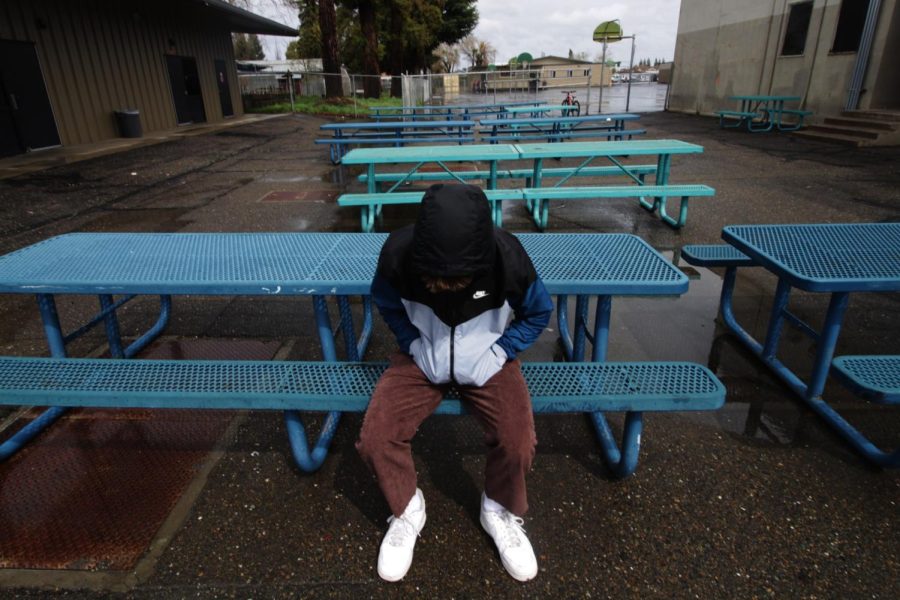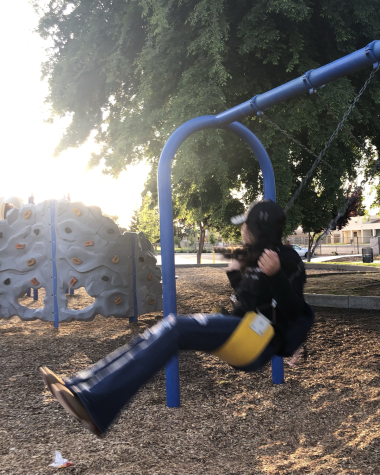Teen Struggles- Depression
March 22, 2023
Depression is a very serious mood disorder. It causes severe symptoms that affect how you feel, think and handle daily activities such as working, sleeping, eating, etc. In order to be diagnosed with depression, symptoms must be present for at least two weeks. Symptoms of depression may include: Feeling sad or having a depressed mood, loss of energy or increased fatigue, feeling worthless or guilty, trouble sleeping or sleeping too much, etc. Some of the different types of depression are seasonal affective disorder, major depression, persistent depressive disorder & depression with symptoms of psychosis. According to nimh.nih.gov, “Seasonal affective disorder, which comes and goes with the seasons, typically starting in late fall and early winter and going away during spring and summer.”
Major depression includes symptoms of depression which most of the time for at least 2 weeks that typically interfere with one’s ability to study, eat, etc. Persistent depressive disorder often includes less severe symptoms of depression that last longer, at least 2 years. Depression with symptoms of psychosis is a severe form of depression where a person experiences psychosis symptoms such as hallucinations or delusions. According to the article, “Individuals with bipolar disorder (formerly called manic depression or manic-depressive illness) also experience depressive episodes, in which they feel sad, indifferent, or hopeless, combined with a very low activity level. But a person with bipolar disorder also experiences manic episodes, or unusually elevated moods in which the individual might feel very happy, irritable, or “up,” with a marked increase in activity level.”
Medical conditions such as a brain tumor or vitamin deficiency can mimic symptoms of depression so it is important to rule out general medical causes. According to psychiatry.org, “Depression affects an estimated one in 15 adults (6.7%) in any given year. And one in six people (16.6%) will experience depression at some time in their life. Depression can occur at any time, but on average, first appears during the late teens to mid-20s. Women are more likely than men to experience depression. Some studies show that one-third of women will experience a major depressive episode in their lifetime. There is a high degree of heritability (approximately 40%) when first-degree relatives (parents/children/siblings) have depression.” Depression could be treated with medication, psychotherapy, electroconvulsive therapy, self-help and coping. Depression could affect anyone, even a person who appears to live in relatively ideal circumstances. Reach out to anyone that you trust if you feel like you’re getting depressed before it’s too late.


